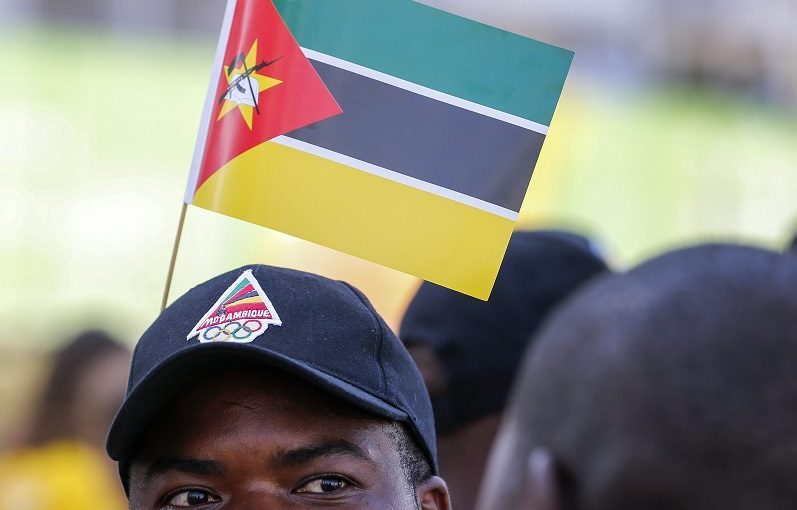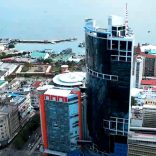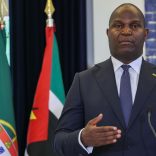Mozambique: State needs €2B for 2025-29 road, bridge building, maintenance - PM
Mozambique: 2026 budget compromises essential services – FMO

FILE - For illustration purposes only. [File photo: Lusa]
The Budget Monitoring Forum (FMO) considers that Mozambique’s budget proposal for 2026, with a deficit of 113.664 billion meticais (€1.529 billion), compromises essential services and warns of underfunding in certain sectors.
“We believe that the level of effort that will be made in 2026 is challenging and the PESOE [Economic and Social Plan and State Budget] is very deficient, especially when looking at some sectors such as health and education, which will suffer from a deficit of resources that will compromise the provision of public goods and services in education, health, social action, and water,” Rogério Simango, researcher and coordinator of the FMO, a Mozambican non-governmental organisation, told Lusa.
At issue is the Government’s PESOE 2026 proposal, already sent to the Mozambican parliament for discussion, which projects a lower budget deficit over several years, in nominal terms, falling to 113,664 million meticais, equivalent to 6.9% of Gross Domestic Product (GDP).
For the FMO, the PESOE proposal with this deficit is acceptable in the context of rationalising public expenditure projected by the State, in which the tax base will be expanded, and public debt will be managed prudently, but the organisation criticised the dependence on donations and external financing funds.
“The picture shows that there is a structural dependence on external resources and, in a way, this will limit fiscal autonomy and expose the country to external shocks,” said Rogério Simango.
In this sense, the FMO understood that the budget deficit would force the State to take “some action” to address it.
“There are expenses that could be postponed, which we think are superfluous, for example, protocol trips that involve a very large expenditure of resources,” said the official, pointing to solutions to end the budget deficit.
“Expenses related to bonuses for some special positions or positions of great importance could be postponed to respond to specific issues. Also, in the extractive sector, we believe that there are important revenues that need to be sought, and we think that an audit of this sector was important to see what resources we are losing and could capture to respond to current expenditure,” Simango added.
The government forecasts economic growth of 3.2% in 2026, according to the budget proposal, raising GDP to 1.665 trillion meticais (€22.4 billion), following 2.9% forecast for this year, 2.2% in 2024 and 5% in 2023.
Also in the PESOE’s macroeconomic assumptions, the government forecasts an annual inflation rate of 3.7%, compared to 7% expected for this year and 3.2% in 2024.
In statements to Lusa, the forum considered Mozambique’s confidence in controlling inflation to be “positive and good”, noting that it is expected to be sustained by a monetary policy focused on the MIMO rate and exchange rate stability.
The FMO, however, raised “doubts” about maintaining inflation at the projected percentages, citing fiscal pressures, dependence on imports, and vulnerability to climate shocks, among other factors that could limit achieving those goals.
“There is no clear explanation in the proposal as to what factors could sustain this exchange rate stability. Another key point is the absence of a risk analysis. Projections ignore alternative scenarios that could put pressure on prices, such as climatic events and geopolitical instability,” said Simango.
The FMO also considered that the economic growth forecast is “optimistic” in a context where the Mozambican economy is “fragile,” but warned that the expected growth potential may not materialise due to economic risks.












Leave a Reply
Be the First to Comment!
You must be logged in to post a comment.
You must be logged in to post a comment.